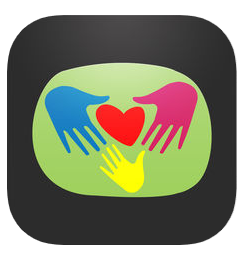All of the apps were created for military connected professionals, service members, or their families- they can also be useful for you. These apps can assist with stress and anxiety and provide ways to cope and relax: areas of expertise the military is keenly aware are needed for service members and their families. Check out our latest finds: PTSD Family Coach (from US Department of Veterans Affairs) and Breathe, Think, Do with Sesame (from Sesame Workshop).
PTSD Family Coach is for families living with PTSD, helps the individual(s) affected in their relationships with other family members including children, and has lots of information specific to veteran and active duty military families. Breathe, Think, Do with Sesame is for younger children, and is designed to help children learn to take time to Breath and Think as they deal with challenging situations or solve problems. Continue reading “10 Free Apps for Your Work With Military Families!”

